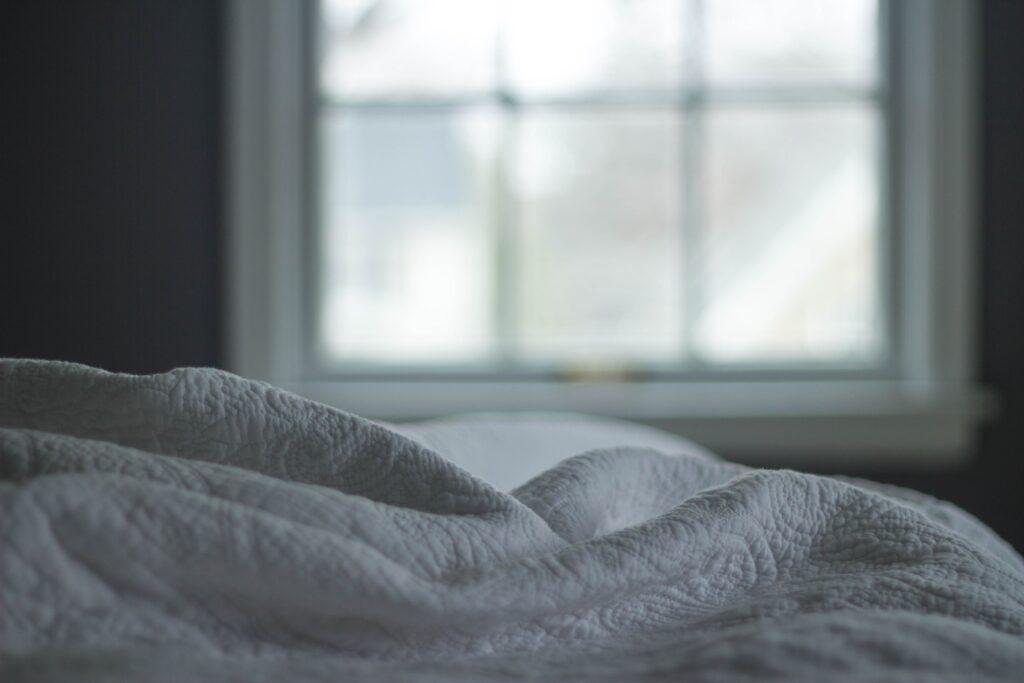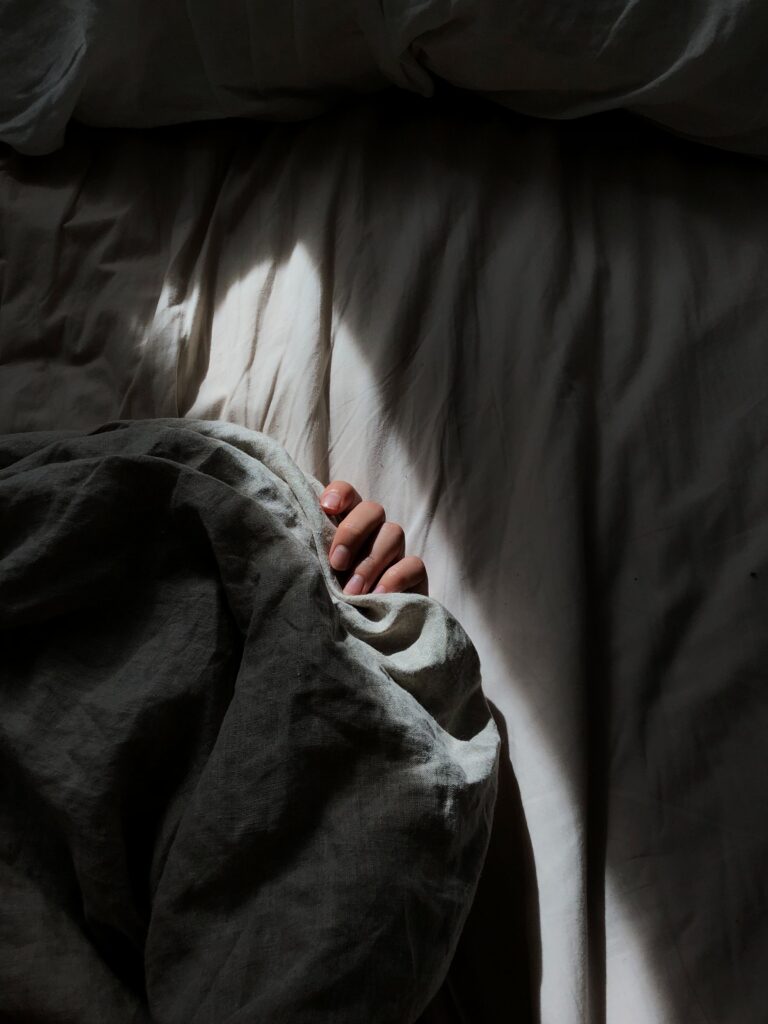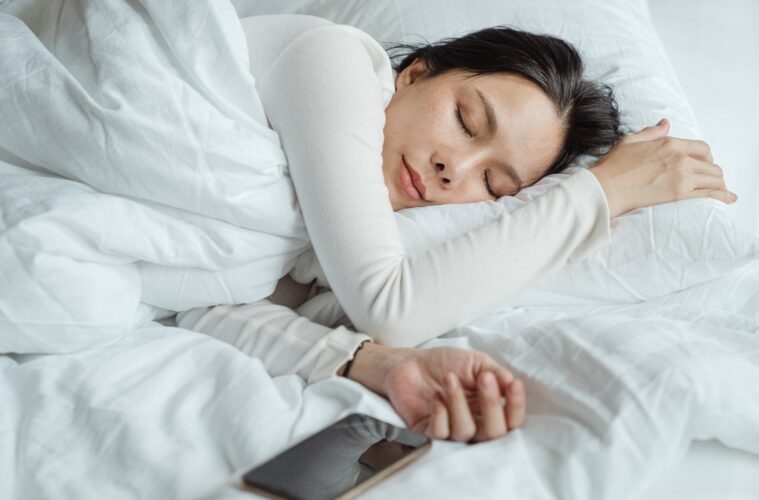Have you been taking ages to fall asleep lately? Will, everyone experiences bouts of insomnia from time to time, so you’re not alone! But what if it becomes more and more frequent? What if you really need to wake up early and make it to an appointment or meeting that could turn your life around?

While certain issues that cause sleep problems require medical attention, sometimes all it takes to lull yourself quickly is one or two mind tricks with your brain – and it works better if you’re well prepared!
Let’s walk together and look at a few ways to help you fall asleep faster.
The Sheer Importance of Sleep
This guide may not make much sense if you don’t understand the utter importance of sleep. It helps your mind, body, and spirit shut down, rest, and restart with renewed energy enough for the next day. As the common saying goes, “early to be – early to rise!”
Apart from messing with your productivity at work, mood, and concentration, studies have linked sleep deprivation to a diverse range of diseases and chronic health conditions. That’s a fraction of the many reasons why health experts recommend getting a good dose of slumber each night, which is anything between 6 and 8 hours a day, alongside necessary naps.
What Determines Sleep-Wake Time?
If you are like most healthy people, you probably have a sleep pattern, which refers to your schedule of bedtime and waking up. It’s controlled by something called the internal sleep clock or the circadian rhythm, which is in turn dependent on a range of factors, from physical to psychological, biological, and emotional.
But have you ever wondered why people tend to feel sleepier after dusk? Well, darkness stimulates the brain to produce a hormone called melatonin, enough to keep you asleep through the night. This also means it may have a say on what time you wake up.
Given that hormone disorders and imbalances are possible, melatonin supplements are actually available to help. But as much as it helps you sleep, how long does melatonin last in your system? This is a common question many people with sleep problems ask!
Tricks To Pull When You Need to Sleep Faster
Put Some Relaxing Music
According to Sleep.org, studies show that music can help you sleep better, fall asleep faster, and stay asleep longer. This is perhaps why lullabies work like magic for kids.
But for this to work effectively, you’ll want to silence your distractions (or your partner’s). Let the music sink into your ears and brain and tune out anything else that distracts you from a restful night’s sleep.
It’s also essential that you let the music relax you to the point that you no longer hear the outside world because switching off your mental noise can make it difficult to wind down for the night.

Use the right bedtime routine
One of the most effective ways to sleep better is to use the right bedtime routine that ensures you get a good night’s sleep.
Regular bedtimes have been proven to improve sleep quality in adults, and to improve mood, cognitive function, and memory over time. That’s why it’s vital to figure out what’s important for you to sleep better, whether it’s a relaxing bath or a quiet reading session, and stick to it.
Try Aromatherapy: get some soothing scents
Aromatherapy has been used for ages to combat different kinds of health problems. Apparently, it is also an effective technique in helping your mind and body to calm, relax, and wind down. Exposure to some soothing scents of essential oils like lavender, peppermint, chamomile, bergamot, and sandalwood can be a great way to lull yourself faster.
Clear your mind with meditation and mindfulness
Meditation and mindfulness can also help clear your mind off any thoughts or stresses that might be preventing you from catching snooze faster. Especially for people suffering from chronic insomnias, mood problems, and anxiety, the practice can be an effective way to improve your sleep in the long term.
Switch everything off before bedtime
Remember when we said that darkness triggers the sleep hormone? Well, the light from room lighting, electronics, and other sources can make you take longer to fall asleep.
This is why it is important to switch everything off before going to bed, including the lights, your television, computer, phone, and even your light-up alarm clock.
Keeping your bedroom room dark can even help you sleep faster when you need some daytime snooze. Once you get into bed, keep your eyes still as they drift in and out of sleep.


